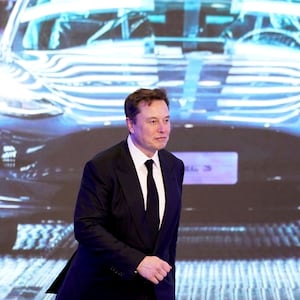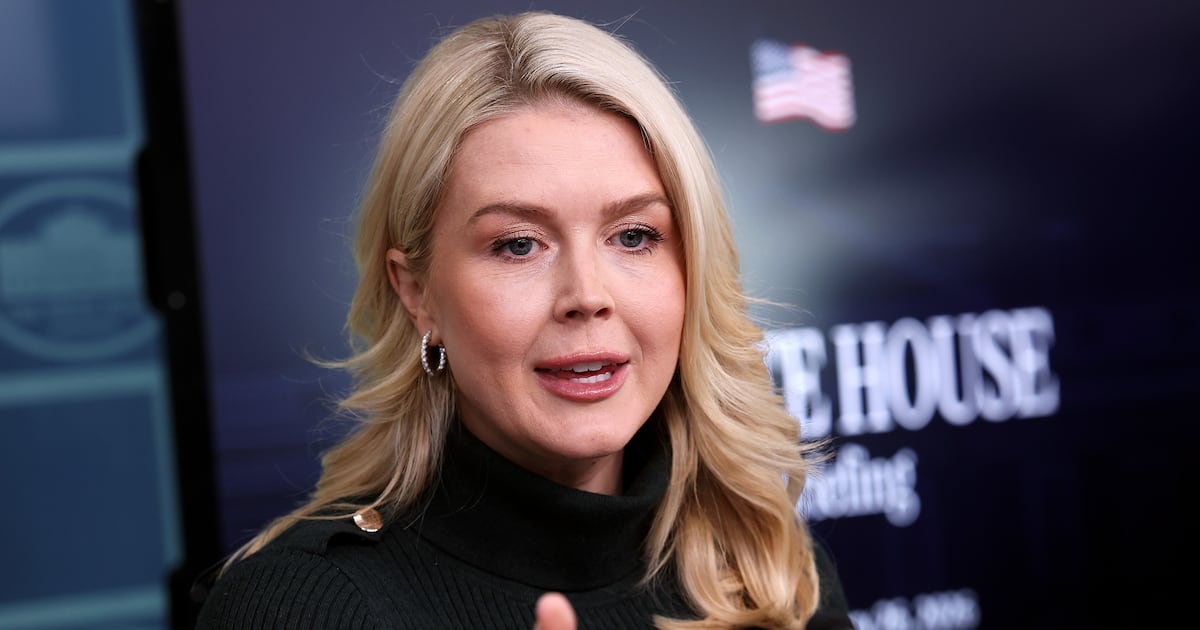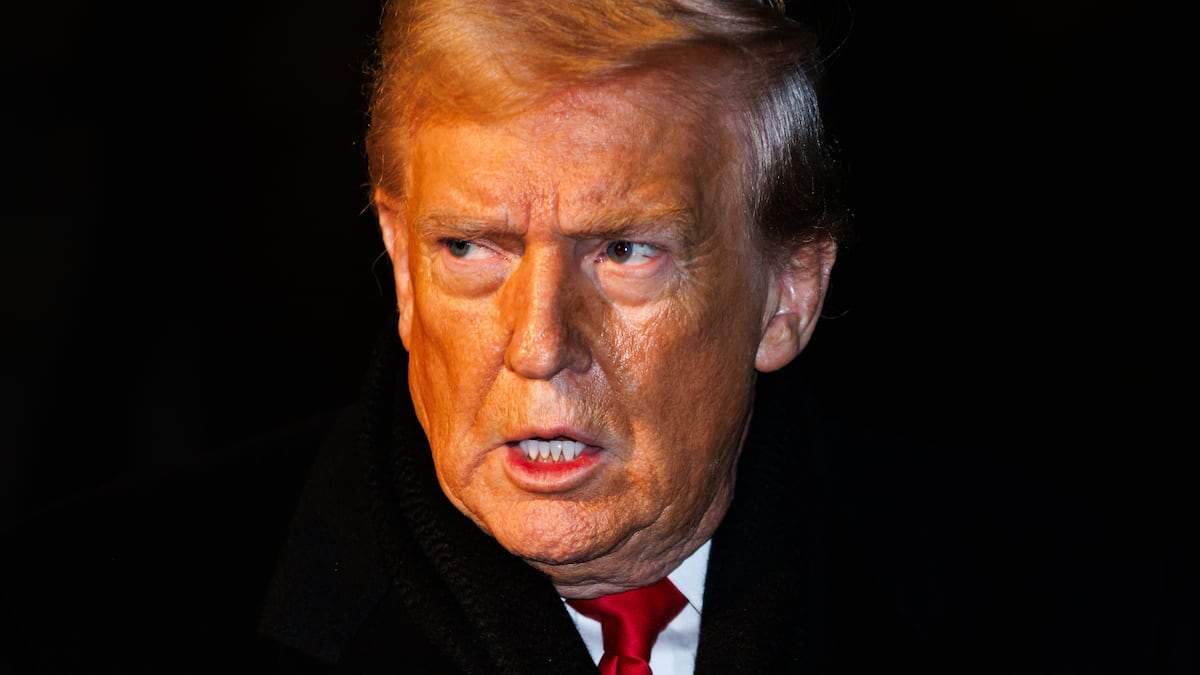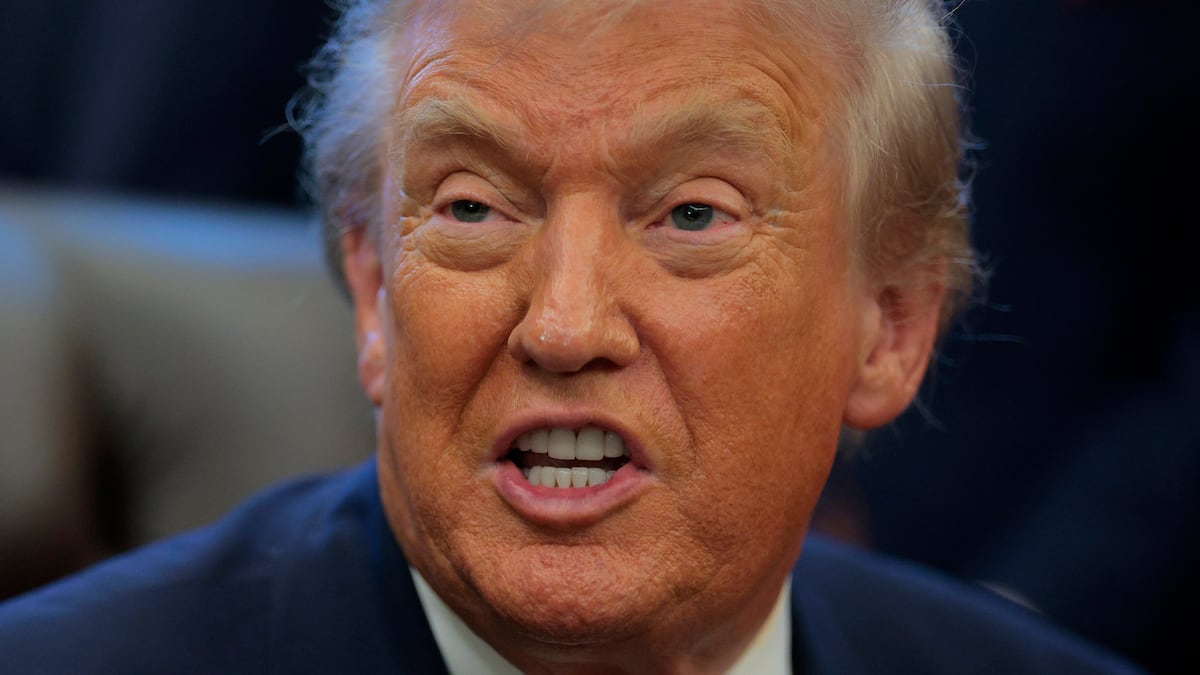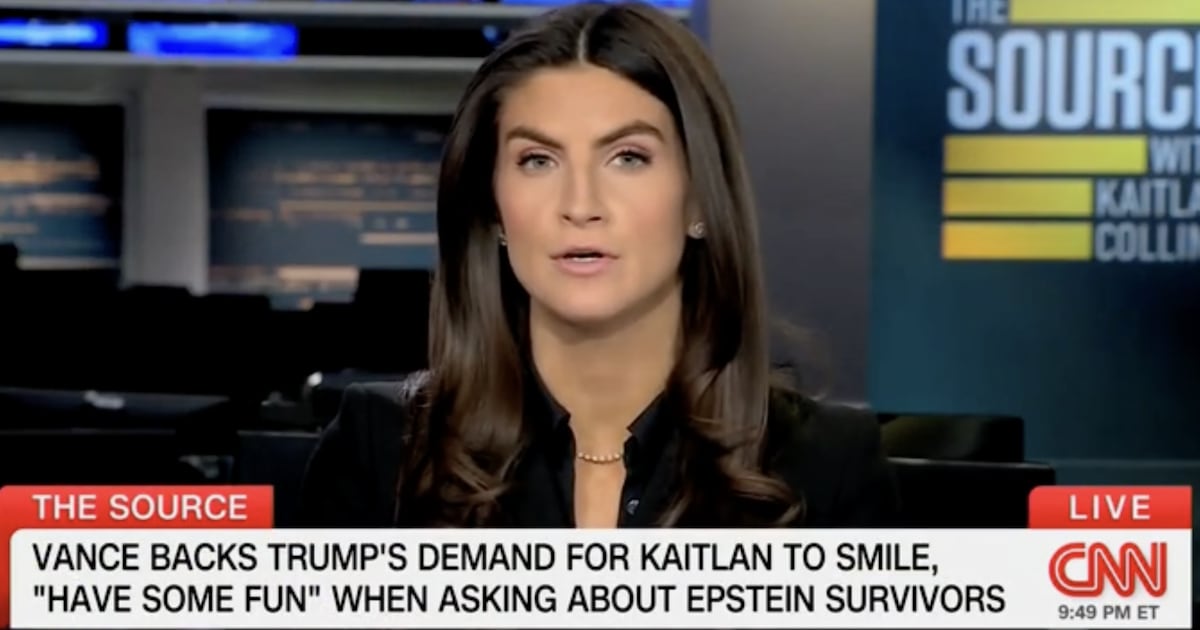A few years ago, my building replaced all of its elevators. I live in lower Manhattan, and the three cars that served our 17-story, full-city-block building were not moving people along fast enough. The new elevators were supposed to solve this, using algorithms. The installation was slow, spread out over the early pandemic, but eventually it was completed (in 2021, I think; pandemic time all runs together). And the elevators are noticeably worse. They often go by you when you call them, they somehow create new chokepoints, and often I find myself taking the stairs up to the 10th floor instead. I call this phenomenon the “Tesla syndrome,” and it’s a sign of capitalism not working anymore.
There’s a class war going on, but it’s not the one we usually think about. Owners and managers are fighting, and it’s mangling capitalism beyond recognition. Workers are fighting to prevent jobs from becoming “gigs.” But in corporate boardrooms, a less visible and even more disastrous fight is being won by the wealthy. It’s led to a situation where we have science fiction aesthetics with diminished functions, like “smart” fridges that stop cooling after rebooting.
Tesla makes digital cars. It exploits cutting-edge computer vision and deep learning technologies to promise a driverless experience, and while its cars are not yet reliable enough to avoid killing people or occasionally run into objects, Elon Musk rode to fame on the promise of a futuristic automobile.
The only problem is that Teslas suck.
Forget the actual digital stuff in those cars. Think about how they look, the message they send, and the way they’re designed in regular old meatspace. They’re ugly, like a third-rate graphic designer was asked to imagine what a “science fiction car” looks like and given some copies of Amazing Stories! From the 1950s. Their uber-large screens are digital, but the size and placement is a design decision, and it’s a notoriously bad one. They’re distracting, and they don’t ultimately serve the underlying self-driving function. (Car manufacturers more generally are pulling back from the all-digital approach to the dash.)
And then there are the handles. Tesla door handles are flush with the side of the car—genius! Except that this is the opposite of the vaunted efficiency and optimization these cars stand for. You have to tap the handle first, and only then can you use it. This contradicts the very idea of the handle, a technology so old we barely think of it as a technology at all. It’s hard to understand how we got to a place where “efficiency” is adding an extra step to using a car door handle.
This situation is the Tesla syndrome, and it’s everywhere. “Innovation” all too often makes everything worse. Ubers are often more expensive than taxis now. Streaming services that once offered us infinite movies now force us all to watch Suits. Information markets that were supposed to distribute goods and money more equitably by means of the market alone have led to unprecedented inequality. Management consultants using the “innovation Bible” have suggested that a major university replace all its language classes with subscriptions to DuoLingo. Twitter is now “X.” Tweets are now “posts.”
Tesla didn’t cause any of this on its own. But it is the poster child for the slick substitution of actual functionality for nebulous “innovation”; the replacement of products and services that really work, with sleek but dysfunctional machines, “master algorithms,” and corporate boardrooms. The French philosopher Jacques Ellul famously argued that at the heart of technology is the desire to maximize efficiency–to find the shortest route to accomplishing a given task. Tesla, and Big Tech more generally, have betrayed this spirit by hollowing out actual valuable uses of technology in favor of science fiction aesthetics.
Musk personifies the problem. As he started to comically screw up Twitter (now rebranded as X), he was pressured into hiring a CEO, Linda Yaccarino. But he’s still in charge, and doesn’t think CEOs are really that important anyway. His behavior is not just idiosyncratic; wealth and ownership are winning the day over companies and entrepreneurs. This is the secret of the Tesla syndrome.
The term “class warfare” conjures images of Karl Marx’s beard, workers leaving the factory or on the picket line, and bosses fighting to keep them in line. Our image of class and its problems has remained firmly rooted in the 19th century, in other words. But it’s the 21st century, and in the era of “platform capitalism” a major front of class warfare is in the boardroom.
Nowhere can we see this truth distilled more clearly than in Silicon Valley, cult-hit HBO comedy. Protagonist Richard Hendricks is a computer genius who starts a company. But his rise to corporate juggernaut is mostly about fighting to remain in control. Venture capitalists, who supply the wealth, try over and over again to force him to let someone else be CEO. Stephen Tobolowski shines as the comically out-of-touch executive in one season, underscoring the point that the guy with the idea, the guy with the (eventual) money, and the guy who manages everything should all be the same guy: Richard Hendricks, or Elon Musk.
But these “guys” are supposed to be separate for capitalism to function. If you have a billion dollars and you put 10 million into a start-up on the promise of getting 100 million back in five years, that’s not capitalism. That’s a side effect of capitalism, called wealth. Capitalism is when the object of enterprise is the expansion of capital. Wealth is not the same thing as capital. When I get money and take it out of the market, saving it, investing it, or spending it on my personal affairs, I’m engaged as a consumer and a beneficiary of capitalist markets, but I’m not a “capitalist.” The capitalist—the “boss” of the 19th century class warfare—is the guy who runs the factory floor. That’s not the same as the owner, who sits back and watches his investment grow.
For two centuries, wealth and capital got along. But capital has to be in constant circulation for capitalism to work, and companies have to be run with that in mind. When the owner class takes over, everything gets worse. That’s what’s going on with Tesla, and much else besides.
Silicon Valley wasn’t just fiction. The two roles—capitalist and Rich Guy—are united in Musk in the worst possible way. Musk runs his companies as an owner, not a manager. The owners are beating the managers in the 21st century class war. This is why we can’t have nice things.
And we see the larger effects play off each other as a contrast with another of the wealthiest men in the world: Jeff Bezos. Bezos was the boss—the CEO—for a couple of decades in our collective imagination. But since he stepped down, we can see that he’s something else entirely. He’s an island of wealth. When he resigned the CEO position to try to colonize the moon or whatever, we could see the two roles split off from each other. Narratives about “job creation” pale in comparison to the new set of Howard Hugheses. NFL owners are increasingly heavy-handed in managing teams. University boards of trustees override decisions by presidents and chancellors. Wealth lurks around every corner, ready to stall capital if it happens to flow away from that wealth.
My point is not that we should return to classical capitalism, which had its own problems, as Marx was first to point out. But Marx also saw that ownership threatened the parts of capitalism that he—yes, Karl Marx—saw as progressive. Wealth congealing rather than circulating was “miserly,” as he put it, and capital was instead about constant turnover and change—what we now call “innovation.” (Yes, I’m saying Karl Marx was the first theorist of capitalist innovation. Fight me.) The common ownership he advocated—communism—is being enacted for the .0001 percent, and it is destroying the relative benefits of “market economics.” What we have today is not innovation at all, but what media theorist Wendy Chun calls “updating to remain the same.” Or even “updating to get worse,” like the elevators in my building.
It’s been easy to overlook the rise of the owners. But increasingly, our world is only as good as their wisdom. Some have suggested that tech returns us to a feudalist state, and nowhere is this more literal than when our social fabric is determined by the mood of a single owner, a platform version of the king. It just so happens that the current crop of kings are toxic nerds trying to have fistfights with each other rather than fix the world’s problems, many of which they created. At this point, we’d probably compromise if they’d just just put a normal door handle on our cars.


